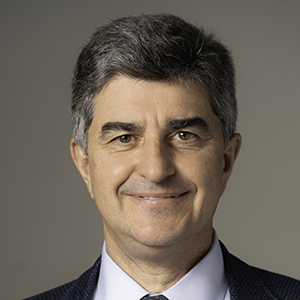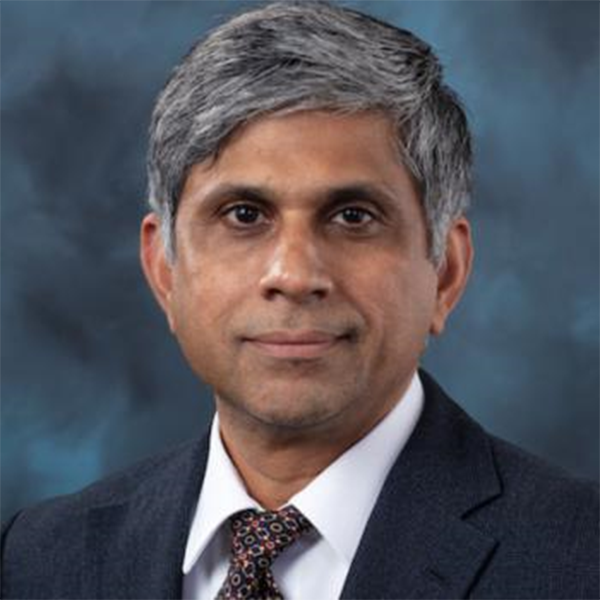2024 MRS Fall Meeting & Exhibit
Materials Needs for Energy Sustainability by 2050—Advancing Next-Generation Energy Storage Systems with Artificial Intelligence/Machine Learning (AI/ML)
Monday, December 2
5:30 pm – 7:00 pm
Sheraton, 2nd Floor, Constitution A
Reaching our 2050 sustainability goals of decarbonizing our economy will rely on the improvement of renewable energy technology. At the core of advancing this technology is the design, discovery and synthesis of new and sustainable materials. In this panel session, we will discuss how AI and ML provide new approaches for accelerating the availability of new energy-storage systems such as solar cells, batteries, thermoelectrics, and catalysts. AI/ML enables predictive models from existing material data and establishes a new understanding of material behavior, ultimately leading to the development of more cost-effective and high-performance energy-storage systems.
This panel session was organized by the MRS Focus on Sustainability Subcommittee; Chair: Elizabeth Kocs.
This panel session was organized by the MRS Focus on Sustainability Subcommittee; Chair: Elizabeth Kocs.
Sponsored by: GTI Energy

Manish Chhowalla
MRS Energy & Sustainability Journal, Moderator

Anja Bielefeld
Justus-Liebig-Universität Giessen, Panelist
Anja Bielefeld leads a junior research group at the Center for Materials Research at Justus-Liebig-Universität Giessen (JLU). She also currently holds a replacement professorship at the Institute of Environmental and Sustainable Chemistry at Technische Universität Braunschweig (TU BS).
Her group works on experimental and application-oriented modeling of electrochemical systems, trying to bridge the gap between theoretical and experimental aspects. A particular emphasis is placed on microstructure effects in solid-state batteries.
Bielefeld has a background in physics from TU BS, and spent part of her master’s studies at the University of Oslo. She completed her PhD degree at JLU specializing in solid-state battery composite cathodes, and gained expertise in automotive battery research and concept development at Volkswagen AG.

Miaofang Chi
Duke University, Oak Ridge National Laboratory, Panelist

Yury Gogotsi
Drexel University, Panelist

Jagjit Nanda
SLAC National Laboratory and Stanford University, Panelist


